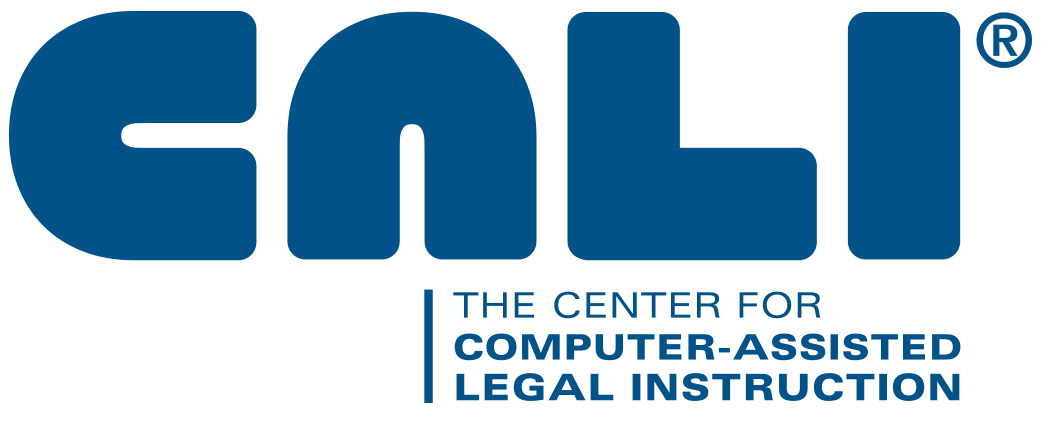Preface
Preface
These teaching materials are a work-in-progress. Our reading assignments this semester will include all of the elements that make up a conventional casebook. You will read judicial opinions, statutory provisions, academic essays, and hypotheticals. You will puzzle over common law doctrines and carefully parse statutes. We will try to develop theories that can predict and justify the patterns of judicial decisions we observe.
Unlike a conventional casebook, however, I have selected each element of the readings myself. We will start at the beginning of these materials, read each assignment in order, and finish at the end. All of the reading assignments are also self-contained. When I ask you to read a statutory section or a portion of the Restatement, it will appear in the text at the point where you should read it. In addition, we will cover the entire set of materials. You will not spend the semester hauling around hundreds of extra pages that we have no time to read or discuss. At the end of each section, you will find discussion questions that track very closely the questions that I will ask during our class time together. Finally, the pages themselves are formatted to make reading easier and to give you plenty of space to take notes and mark up the text.
Our class also will use an online collaboration site to enrich and extend class discussions. This site will provide links to additional legal sources as well as questions for class discussion, practice problems, explanatory notes, and a discussion forum. The site will develop and evolve in response to your needs and interests. If you have any suggestions for changes or additions to these materials, I invite you to talk with me or post your ideas to our collaboration site.
Why study contract law?
The first semester of law school is mostly about learning to speak a new legal language (but emphatically not “legalese”), to formulate and evaluate legal arguments, to become comfortable with the distinctive style of legal analysis. We could teach these skills using almost any legal topic. But we begin the first-year curriculum with subjects that pervade the entire field of law. Contract principles have a long history and they form a significant part of the way that lawyers think about many legal problems. As you will discover when you study insurance law, employment law, family law, and dozens of other practice areas, your knowledge of contract doctrine and theory will be invaluable.
Why collaborative teaching materials?
The ultimate goal of this project is to involve many professors in producing a library of materials for teaching contracts (and other subjects). For the moment, I will be solely responsible for collecting public domain content and generating problems and explanatory essays. These embryonic reading materials will grow and evolve as I use and expand them and as other professors join in producing additional content. I gratefully acknowledge the extraordinary work of my talented research assistants who have been instrumental in helping me to put these materials together. Thanks to Sarah Bryan, Mario Lorello, Elizabeth Young, Vishal Phalgoo, Valerie Barker and Jim Sherwood.
I believe that it is equally important to involve students in the ongoing process of refining and improving how we teach legal subjects. Our collaboration site will provide a platform for student-generated content and lively dialogue. With your enthusiastic engagement, we will finish the semester with an excellent understanding of contracts and a useful collection of reference materials. I invite each of you to join us for what will be a challenging, sometimes frustrating, but ultimately rewarding, intellectual journey.

